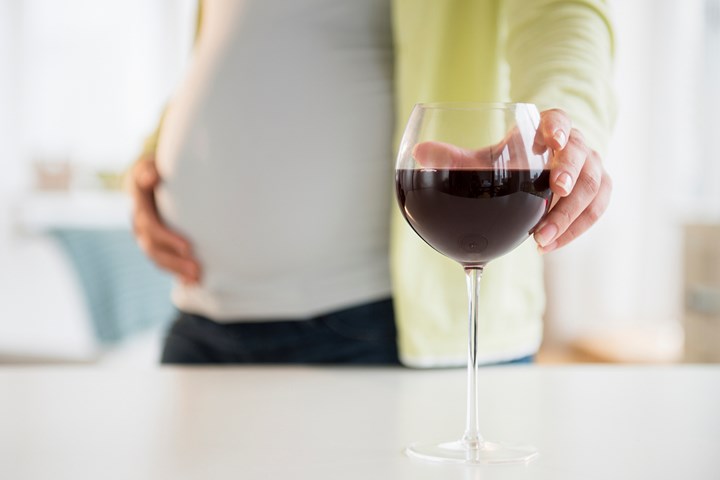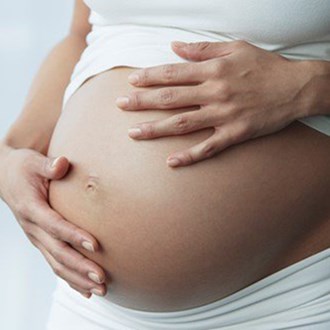Alcohol and pregnancy

What you need to know!
We know Aussie women do drink during pregnancy.
In fact most surveys have found that as many as 60 per cent of us admit that we are happy enough to have a tipple with a baby on board. There are roughly two camps of mums-to-be who drink.
The first is the hardcore drinkers who drink heavily. These women have a significant problem with alcohol abuse. They often also smoke and are at higher risk of environmental and social disadvantage, often to do with poverty and low levels of education. Their babies have a higher risk of a large number of issues. Luckily these women and their bubs are in the minority.
Ironically, it is the welleducated, older, higher-income mums that make up the other group of mums who drink; the ones who passionately believe it is safe to do so despite warnings from doctors. These women are drinking at lower levels (one survey found the average is only two drinks a week). But ANY drinking is potentially dangerous. One survey revealed that while over 90 per cent of women believed alcohol could affect an unborn baby, 84 per cent believed there was no long-term damage. How wrong that is.
The known risks
Alcohol use in pregnancy – especially heavy use – has been linked to miscarriage, stillbirth, low birth weight and prematurity. But doctors worry most about the risk of foetal alcohol spectrum disorder (FASD). This is more a spectrum of problems than a single disease.
WHAT ARE THE SYMPTOMS OF FOETAL ALCOHOL SPECTRUM DISORDER?
1. Typical facial features include a thin upper lip and a flat philtrum (the skin between the nose and upper lip).
2. Other physical problems can include growth retardation, and defects of the eyes, teeth, bones, heart and kidneys.
3. Behavioural problems (especially at school age).
4. Difficulty eating – sometimes these children won’t eat.
5. Learning difficulties (especially at school age) and hitting milestones late.
6. Poor impulse control.
7. Difficulty relating actions and their consequences (they don’t learn from past mistakes).
8. Poor memory.
9. Attention deficits – they can either be in their own world or hypersensitive to the world around them.
10. Poor organisational skills. 1
11. Poor judgement.
The victims of FASD often struggle to complete high school, can have issues with the law, often end up using drugs and abusing alcohol themselves, and can have trouble sustaining relationships and holding down a job. The symptoms are often labelled as parenting issues or as a wilful or even an obnoxious child because there is so little recognition of the problem. The relationship between drinking and FASD is complex.
It’s definitely not linear in that some very heavy drinkers have babies who are completely unaffected, and some women who drink at truly moderate levels have babies who are affected.
What studies show
One metaanalysis found that drinking between three and six drinks per week was linked to subsequent behaviour problems in children between nine months and five years of age. Another analysis found a higher risk of neurodevelopmental problems among children of mums who drank between two and two-and-a-half standard drinks once or twice per week. We know there are other factors that play a role, including intergenerational alcohol use, the age of both parents, your health – including your nutrition – and whether or not you smoke.
Then there are environmental factors, such as stress (exposure to violence and/or poverty). But because we don’t screen for it, we don’t know how common the problem is. We do know, however, that it is underdiagnosed. It’s called the ‘invisible disability’ for good reason. These children have done nothing to deserve their diagnosis and, what is worse, we have little treatment that is actually evidence based.
Abstinence is best
The bottom line is that the safe amount of alcohol to consume in pregnancy is zero. The risk to your unborn baby is awful and given that the only way we can assure you that your baby won’t get FASD is to abstain, that is my strong advice. It’s also the advice of your government’s peak advisory body, the National Health and Medical Research Council (NHMRC).

Dr Ginni Mansberg is a GP, Practical Parenting Expert, author and resident doctor on Channel 7's Sunrise program.













